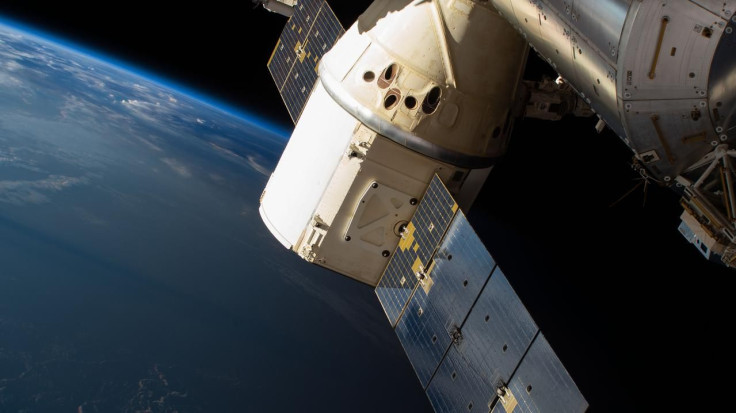China Space Startup Takes On SpaceX, To Launch Satellites For 5G Connection
Galaxy Space, a Chinese private satellite developer, secured a new round in funding as it continues to develop communication satellites that may rival those of SpaceX.
The Series B funding round on Sept. 16 was led by JIC Investment and four other investors, including Shunwei Capital, IDG Capital, Legend Capital, and Morningside Venture Capital.
The Beijing-based company develops "low-cost, high-performance 5G satellites," which is aimed at improving network connectivity by getting a wider 5G coverage across all the regions of the world. Their "low-orbit broadband communications satellite constellation" called Galaxy-1 is their solution. It is said that these satellites could deorbit too, preventing itself from adding to the mounting space debris.
"Galaxy Space built a low-orbit broadband communication satellite constellation through low-cost and high-performance 5G satellites, and made deployment in frequency orbit resources. This is of strategic importance for the development of China's commercial satellites," said Xiao Li, chairman of JIC Technology Investment.
Following the company's founding in 2016, its goal of developing hundreds of satellites in low Earth orbit (LEO) to provide global 5G connectivity remained unchanged.
"Since the first day of the establishment of Galaxy Aerospace, it has become our primary strategy to change the aerospace industry from the original single-piece model to the batch model," said Xu Ming, founder and CEO of Galaxy Space, in a press release.
"The company has gathered a number of aerospace fields. The technicians have extensive experience in satellite development and have the ability to independently design and develop high-performance, low-cost communication payloads, satellite platforms and terrestrial communication systems."
In 2018, the Series A funding for Galaxy Space amounted to $14.5 million, according to Crunchbase. Without disclosing the exact figure of the funds raised, the company announced that they are now worth $703 million (5 billion yuan).
5G Race
The race for 5G is a contest between the U.S. and China, and the latter seems to have the lead. President Trump, however, is opposed to the idea that another country will overtake the U.S. when it comes to 5G deployment.
In April, Trump said, "We cannot allow any other country to out-compete the United States in this powerful industry of the future. We are leading by so much in so many different industries of that type, and we just can't let that happen. The race to 5G is a race America must win, and it's a race, frankly, that our great companies are now involved in."

© Copyright IBTimes 2025. All rights reserved.





















